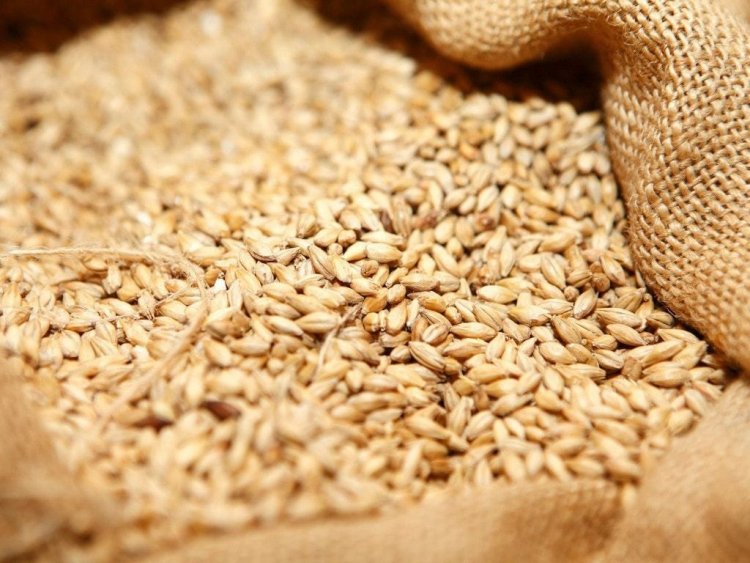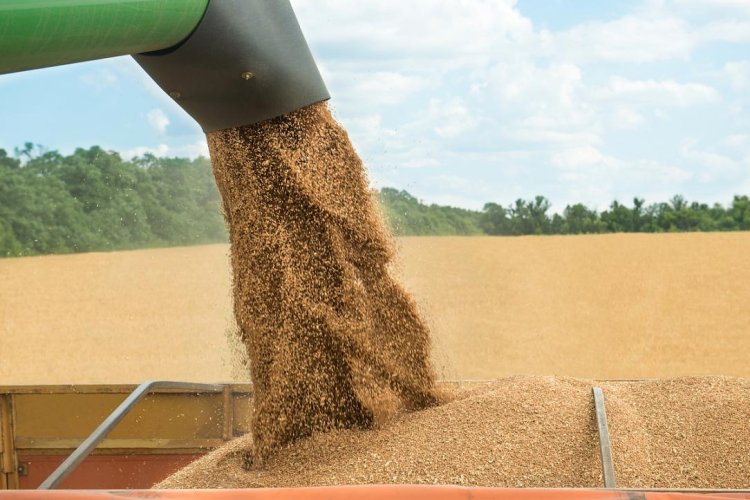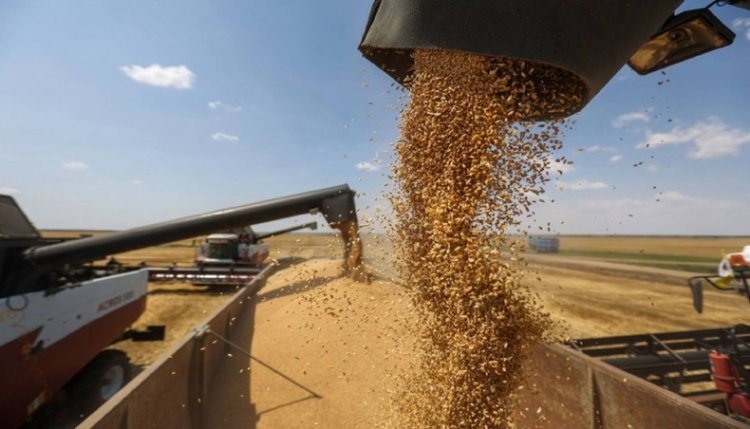Slap to Ukraine from Norway and Hungary
Ukraine expressed regret over the Polish decision, saying that "resolving various issues through unilateral, radical measures will not precipitate a positive solution to the situation."

The governments of Poland and Hungary said they were banning imports of grain and other food from neighboring Ukraine to protect the domestic agricultural sector, after an influx of supplies sent prices down across the region.
Ukraine responds
Ukraine expressed regret over the Polish decision, saying that "resolving various issues through unilateral, radical measures will not precipitate a positive solution to the situation."
Russian invasion
After the Russian invasion closed some Black Sea ports, large quantities of Ukrainian grain, which is cheaper than that produced in the European Union, ended up staying in the central European countries due to logistical bottlenecks, hitting prices and sales to local farmers.

Tariffs
In a letter to the European Commission last month, the prime ministers of five eastern European countries said the scale of the increase in products such as grain, oilseeds, eggs, poultry and sugar was "unprecedented" and said tariffs on Ukrainian agricultural imports should potentially be taken into account.
The oversupply effect created a political problem for Poland's ruling Law and Justice party in an election year, as the economy sank into stagflation.
Grain ban
"The government has decided on a regulation banning entry and import into Poland of grain, but also dozens of other types of food (from Ukraine)," said PiS leader Jaroslav Kaczynski during a party congress.

Goods list
He added that the list of these commodities, which will range from grains to honey products, many things, will be included in the government regulation.
Ukraine's Ministry of Agricultural and Food Policy said the Polish ban contradicted existing bilateral agreements on exports, and called for talks to settle the issue.
"We understand that Polish farmers are in a difficult situation, but we stress that Ukrainian farmers are facing the most difficult situation at the moment," she said in a statement.
Later on Saturday, the government of nationalist Hungarian Prime Minister Viktor Orban joined the ban, saying the status quo would cause serious harm to local farmers.
Hungary has not set a date
Hungary gave no details of when its ban on imports of grain and other food would come into effect, but said it would expire at the end of June.
Kaczynski of Poland said, "We are and remain friends and allies of Ukraine. We will support and support it. ... But it is the duty of every country, every good authority and authority in any case to protect the interests of its citizens."
Kaczynski said Poland was ready to start talks with Ukraine to settle the grain issue.
Hungary's government has said it hopes to make changes to regulations at EU level, including rethinking the abolition of import duties on Ukrainian products.


 Shrouq
Shrouq 












